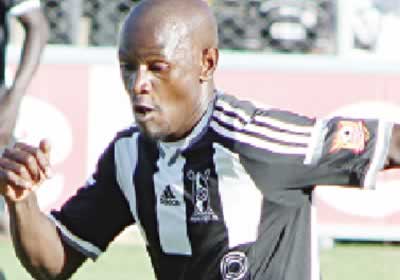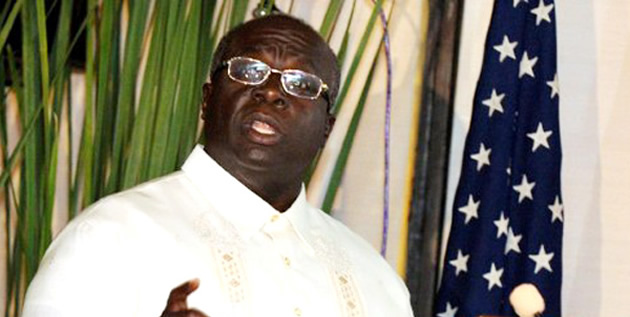Doctors to demand cash upfront

 Paidamoyo Chipunza Harare Bureau
Paidamoyo Chipunza Harare Bureau
PATIENTS currently on medical aid insurance will from July 1 this year be referred to Government hospitals by private doctors if they can’t pay cash upfront, the Zimbabwe Medical Association has said. The latest development affects all patients including those with fully paid medical insurance. Last month ZiMA warned it would stop accepting medical aid cards with effect from 1 July accusing medical aid funders of, among other things, not paying on time, ignoring gazetted medical tariffs as well as paying less money than that claimed by the service providers.
No solution was agreed on by health stakeholders, resulting in ZiMA taking the latest decision. Briefing journalists in Harare on Wednesday, ZiMA president Dr Agnes Mahomva said given the current cash crisis, doctors had been advised to install point of sale payment gadgets in their practices to enable them to collect cash from patients come July 1.
She said this was meant to ensure a continuation of care to patients when ZiMA members stopped accepting medical aid. “ZiMA is committed to total patient care. While this matter is being addressed and resolved, ZiMA is committed to ensure that patients who are unable to pay the cash sums involved will not suffer,” said Dr Mahomva.
“We have advised our practitioners to install POS payment instruments in their practices. Where patients do not have the sums in their account, all patients will be appropriately referred to Government or public health institutions such as Parirenyatwa Group of Hospitals where they will be provided with the necessary health care at all times,” she said.
Dr Mahomva said although some of the medical aid schemes were not accepted at central hospitals, the State had an obligation to provide medical services to all citizens.
“As a result of the above, health insurance firms currently owe health service providers an estimated $220 million. In the meantime, Zimra, acting in accordance with the laws of the land, is demanding payment from medical doctors on amounts involved but have never been received,” she said.
Dr Mahomva said according to the tax laws, the medical aid claim form lodged with a health insurer by a medical doctor was taken as income to the doctor, hence the doctor must pay tax based on that invoice.
She said although discussions with the Ministry of Health and Child Care (regulator), Association of Healthcare Funders of Zimbabwe (AHFoZ), the parliamentary portfolio committee on health, the Competition and Tariffs Commission and Zimra had yielded no results previously, talks would continue.
“In the meantime, ZiMA is appealing to the public to be patient during this very difficult time as we seek to resolve this challenge. Our aim is to protect the integrity of the health delivery system by ensuring that doctors’ practices remain viable. The doctors need to be paid, they need to pay tax and the system as a whole needs to be responsibly managed and regulated for the benefit of our patients and the general public as a whole,” said Dr Mahomva.
Contacted for comment on the latest developments, AHFoZ chief executive officer Shylet Sanyanga, dismissed ZiMA’s position.
She said following the warning by ZiMA a few weeks ago, AHFoZ had engaged several providers, majority of whom assured them that they would continue assisting patients on medical aid. “Several providers who were asked about their position (ZiMA’s) as from 1 July 2016, confirmed that they will continue accepting medical aid,” said Sanyanga.
She said some of the service providers also revealed that they were being paid their claims within the stipulated 60-day period. “Given the feedback on the ground, it is not clear how representatives announced this position,” said Sanyanga.
Efforts to get a comment from the Ministry of Health and Child Care were fruitless with acting secretary in the Ministry Dr Robert Mudyiradima referring all questions to Secretary Dr Gerald Gwinji, who is currently out of the country on official business.
Both Minister David Parirenyatwa and his deputy Aldrin Musiiwa (in charge of medical aid portfolio) were also out of the country. Since 2008, there has been an impasse between medical aid societies and service providers regarding payment for medical services rendered.
The parties have failed to agree on a common tariff resulting in Government intervening and gazetting a tariff in 2014. Most health insurers, however, ignored the tariff arguing that it was not viable in the current economic environment.











Comments